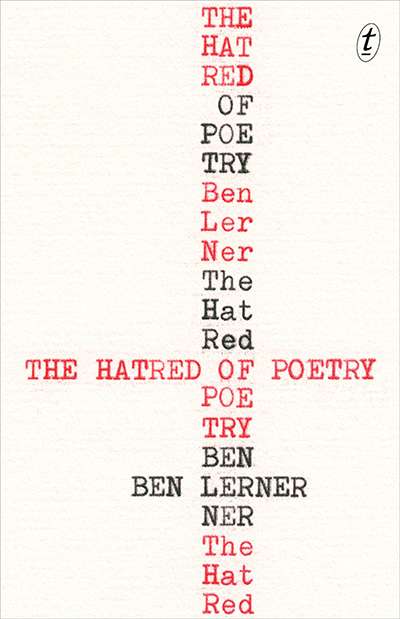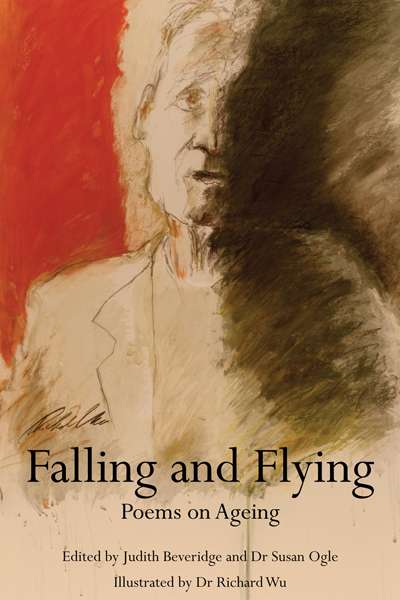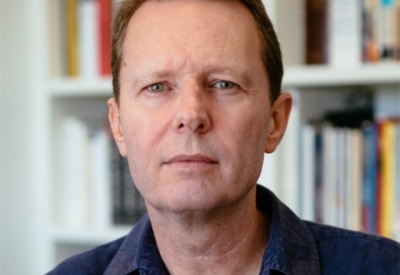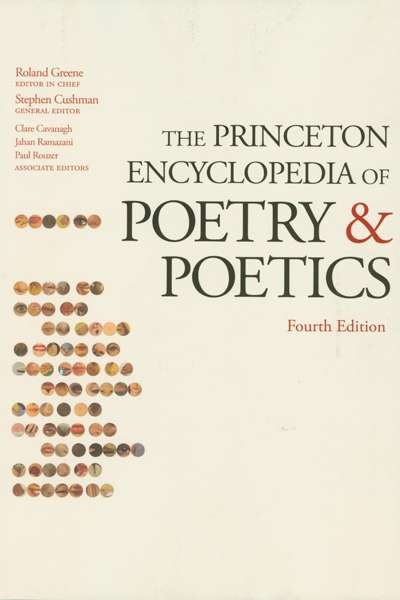Accessibility Tools
- Content scaling 100%
- Font size 100%
- Line height 100%
- Letter spacing 100%
David McCooey
The ABR Podcast
Released every Thursday, the ABR podcast features our finest reviews, poetry, fiction, interviews, and commentary.
Subscribe via iTunes, Stitcher, Google, or Spotify, or search for ‘The ABR Podcast’ on your favourite podcast app.
‘Where is Nancy?’ Paradoxes in the pursuit of freedom
by Marilyn Lake
This week on The ABR Podcast, Marilyn Lake reviews The Art of Power: My story as America’s first woman Speaker of the House by Nancy Pelosi. The Art of Power, explains Lake, tells how Pelosi, ‘a mother of five and a housewife from California’, became the first woman Speaker of the United States House of Representatives. Marilyn Lake is a Professorial Fellow at the University of Melbourne. Listen to Marilyn Lake’s ‘Where is Nancy?’ Paradoxes in the pursuit of freedom’, published in the November issue of ABR.
Recent episodes:
We are in the back of the Bentley;
the church and the Riviera crowds
are behind us. The sunroof is open ...
Melbourne is home to numerous poetic institutions, including Australian Poetry Inc, Collected Works (Australia's best bookshop for poetry), and, of course, Australian Book Review. Among these institutions there are vibrant – if sometimes occult – print, audio-visual, and spoken-word scenes. Regional Victoria is far from eclipsed by the metropolitan cent ...
Falling and Flying: Poems on Ageing edited by Judith Beveridge and Susan Ogle
Jennifer Maiden's The Fox Petition: New Poems (Giramondo) conjures foxes 'whose eyes were ghosts with pity' and foxes of language that transform the world's headlines
... (read more)When writing and recording music, I often just start with a technical ‘problem’. (How does parallel compression work? What does this plug-in do?) In contrast, the low-tech and ‘invisible’ nature of writing tends not to engender such creative problem-solving, so I admire those writers, such as John Tranter, who can embrace ‘proceduralist’ strategies.
... (read more)






